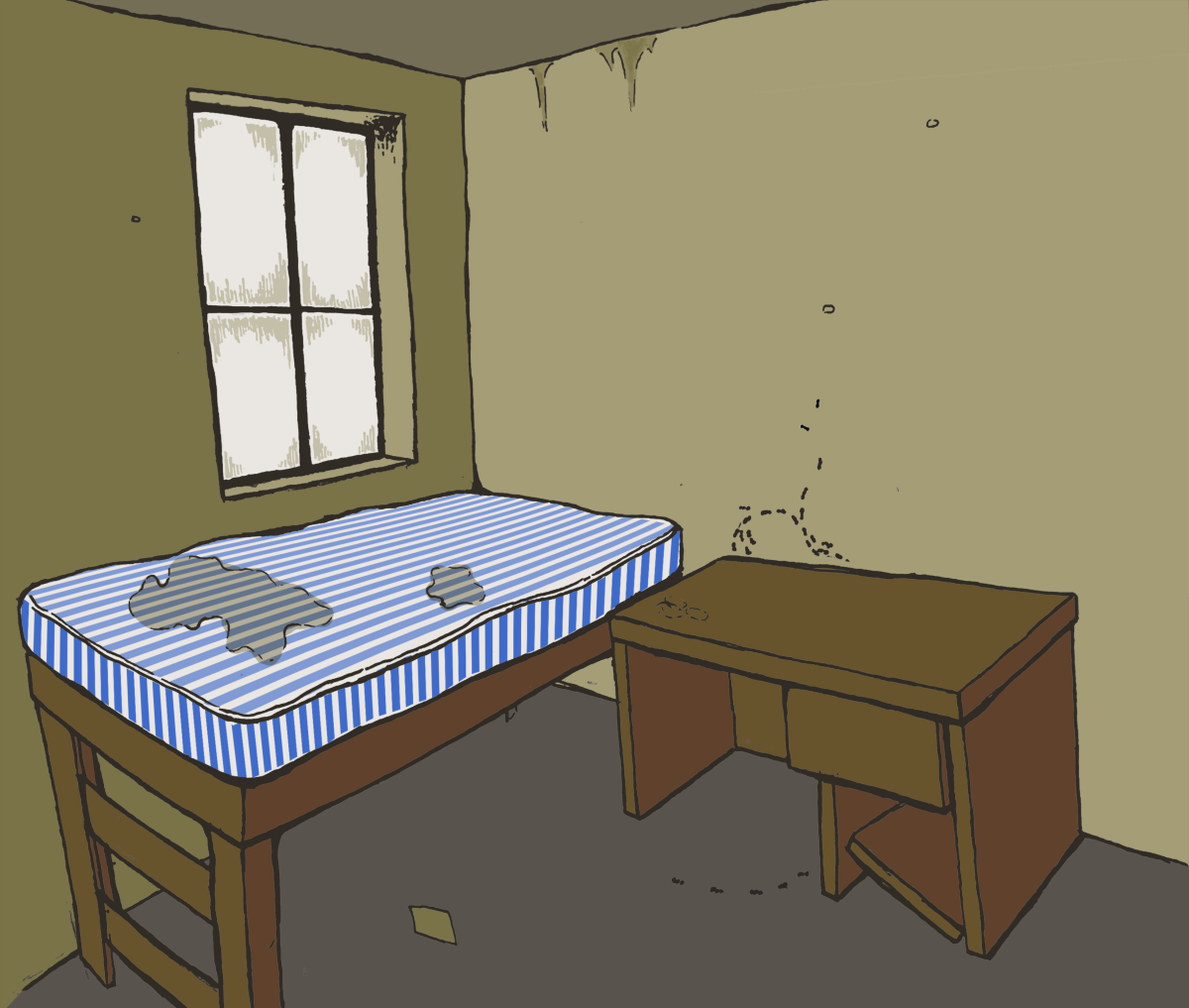Due to our diverse backgrounds, communities and families, our cleaning expectations may look different, but that is still not an excuse for uncleanliness.
There is a generic example that comes to mind when we all think of cleanliness. Cleanliness regarding the floors being swept, counters being wiped and the carpet being vacuumed are all examples – or so I thought.
Following a recent move-in experience, I discovered my definition of clean is not the same as others’.
When I first moved in, I thought that my living space would be as clean as it was advertised. To my surprise, it was not. There was a plethora of issues, but cleanliness was the biggest. After talking with other students that had just moved into their new homes for the semester, I realized I am not alone in my frustration.
This experience has been very humbling and has taught me to take everything in stride. If you have just moved into your apartment and have had a similar experience, then know you are not alone.
The most common tips I have found helpful for deep cleaning a new apartment involve using common household products such as clorox wipes, white vinegar and baking soda to wipe down and sanitize common surfaces.
According to The National Library Of Medicine, “Airborne transmission is known to be the route of infection for a number of diseases including smallpox, tuberculosis, and severe acute respiratory syndrome (SARS).” Even more concerning, there might be multiple diseases that find their way to residential apartments through pathways of disease transmission. This is alarming due to the massive number of tenants that live in apartments, especially when they aren’t clean.
Another common sanitary issue that stems from apartment life is cleanliness among roommates. From a young age, we are taught to clean up after ourselves. It is one of the most common rules children are taught while growing up.
What is considered clean among roommates? Is it okay to leave a dirty dish in the sink, or is that unacceptable? How long should the trash sit out before it is brought outside? These issues are all common struggles among roommates.
It is important to have a conversation with your roommates at the beginning of the semester to ensure everyone is on the same page with cleanliness and responsibilities regarding common spaces. If that fails, try your best to maintain your space for yourself. You can’t control the actions of others, so don’t stress out about it.
Setting boundaries is important to maintain peace within common living spaces. Some roommates share responsibilities, and some don’t. You must figure out what works best so problems don’t arise.
Everyone has different definitions and standards when it comes to cleaning. We all believe that our way of cleaning is the most effective, but that might not be the case to others. Cleanliness is a difficult street to navigate, but once you do, it gets easier.
Lindsay Bickham is a 19-year old Mass communication Sophomore from New Orleans








